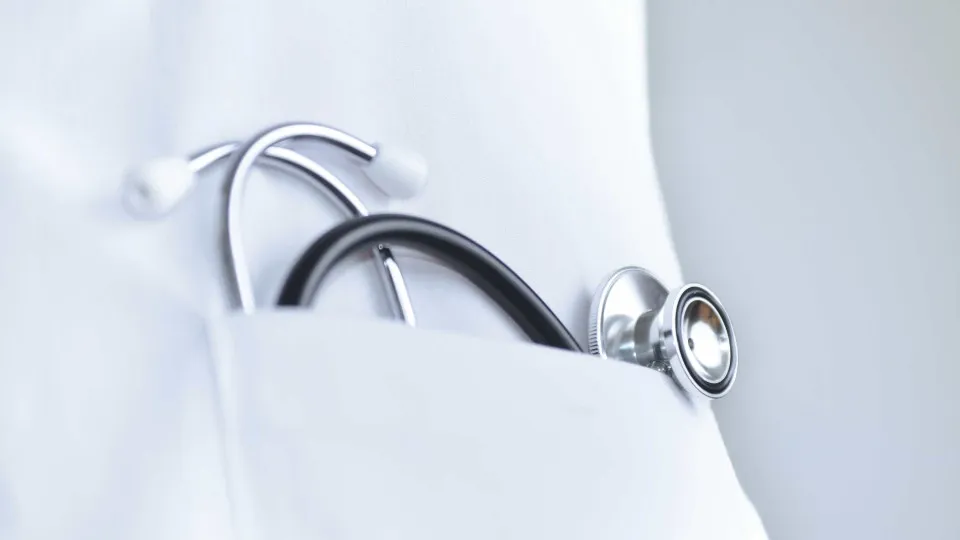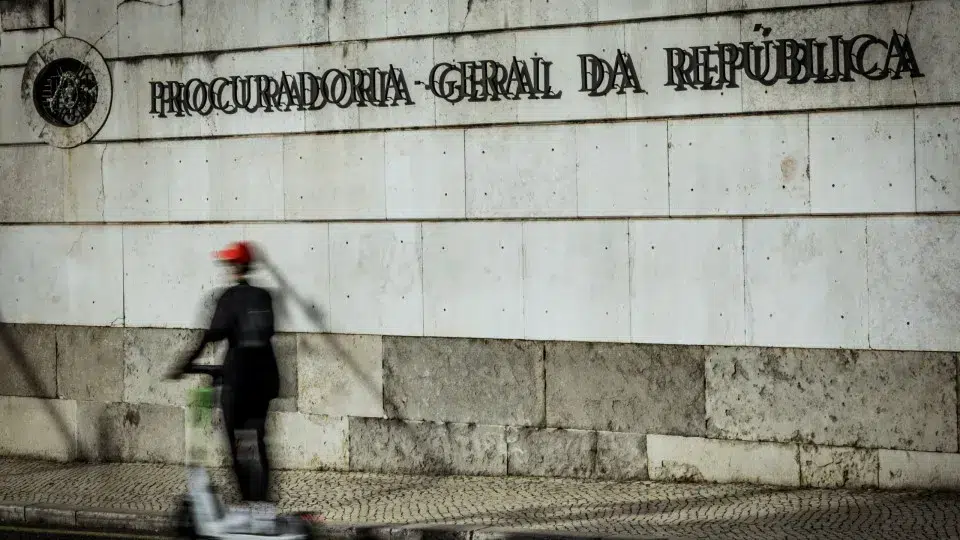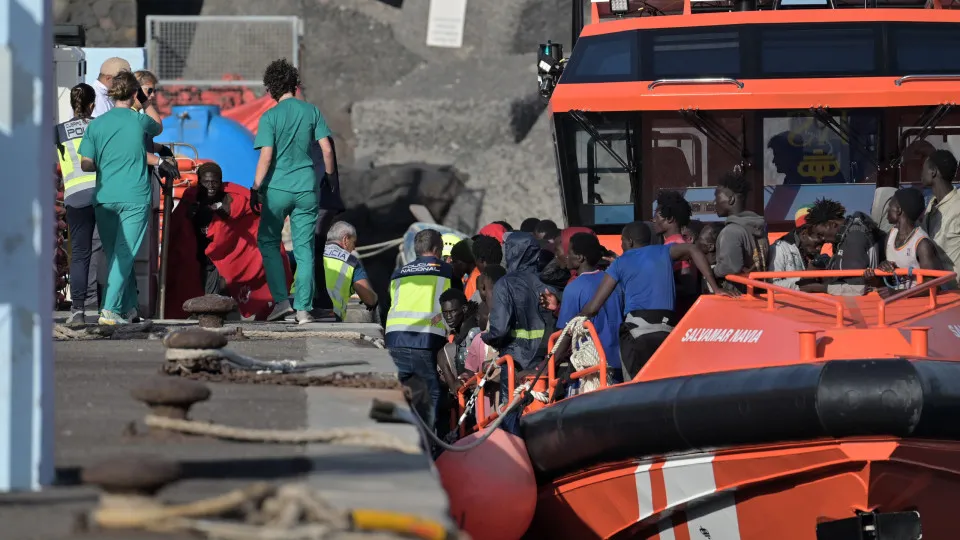
The chairman of the Portuguese Medical Association, Carlos Cortes, has urged specialty colleges to review the regulation defining the composition of medical teams in emergency services, with a completion date set for early next year.
Cortes emphasized that updating does not necessarily mean reducing the ratio of doctors required in these services.
In comments to the Lusa news agency, he explained this is a “technical-scientific recommendation from the Medical Association to ensure quality and safety for all patients, users, teams, and doctors too.”
The decision to update the regulation was made some time ago but was delayed due to an electoral process related to the revision of the Medical Association’s statutes, which led to early elections in late May.
Cortes noted that the last regulation was published in 2022, and even then, some colleges requested an update, considering the lengthy process that takes one to two years.
He stated it is “more than reasonable” that, three years after its official publication, “procedures be reviewed in light of international recommendations, technical-scientific updates, and changes in the country’s structure: we no longer have hospitals; we have ULS.”
“This is not a political or management process; that’s for the Ministry of Health. In terms of the Medical Association’s technical autonomy, we considered it very important to develop this process and initiate it, especially because it is a lengthy process,” he stressed.
He highlighted that it is a comprehensive document for the public, private, and social sectors: “It is not a document for the SNS; it is a global recommendation for all entities providing healthcare in emergency contexts.”
Asked if this revision would impact the functioning of emergency services, especially in Gynecology and Obstetrics, which have faced challenges and closures due to a shortage of doctors, he expressed his “full awareness of the importance of this regulation and its direct impact on healthcare” and the population.
“I am fully aware of this. The Medical Association will always bear its responsibility within this absolutely irrevocable and untouchable framework of technical-scientific quality, autonomy, and independence of the Medical Association,” he affirmed.
Cortes mentioned that in recent years, there has been “an often political desire to interfere with the Medical Association’s technical decisions,” but assured this will not be the case with this review, “which is an exclusively technical analysis, solely by the Medical Association.”
“It is not a static or immutable document,” he said, explaining that it needs to incorporate technical-scientific updates and the conditions of healthcare provision in emergency and urgent contexts in Portugal.
Cortes outlined that the process will have an initial phase, a working phase within the colleges, expected to be completed by December. This will be followed by a legal work phase within the Medical Association.
The subsequent stages include public discussion of the document, approval at the Assembly of Representatives of the Medical Association, and finally, submission to the Ministry of Health for publication.




